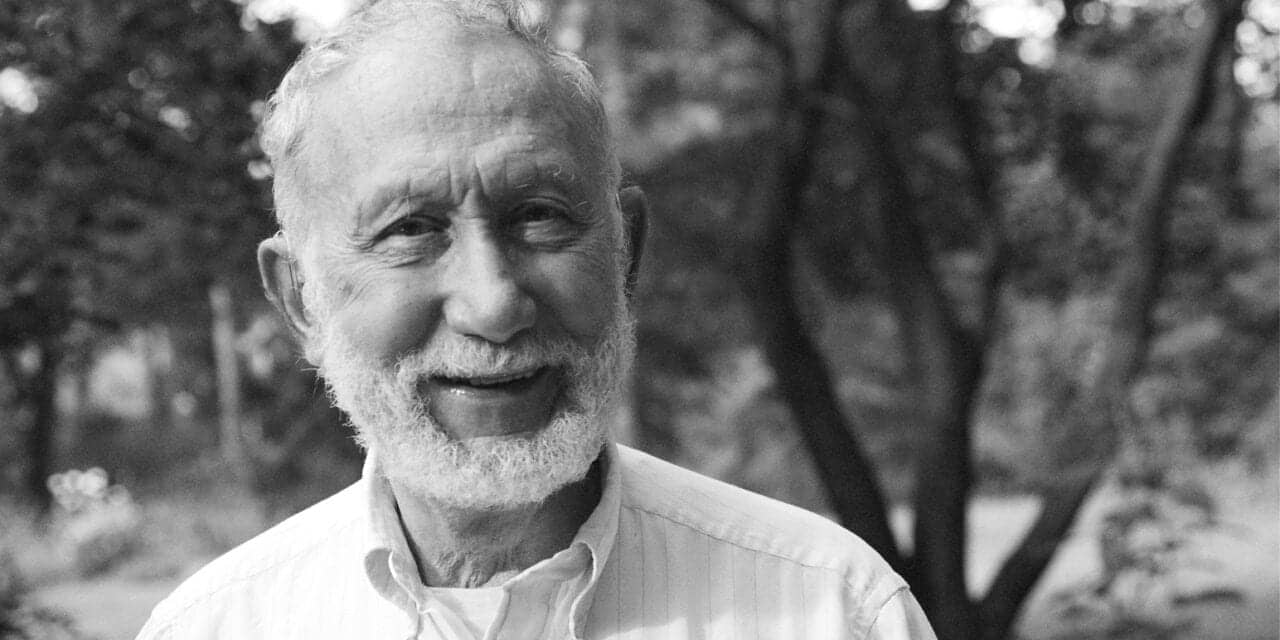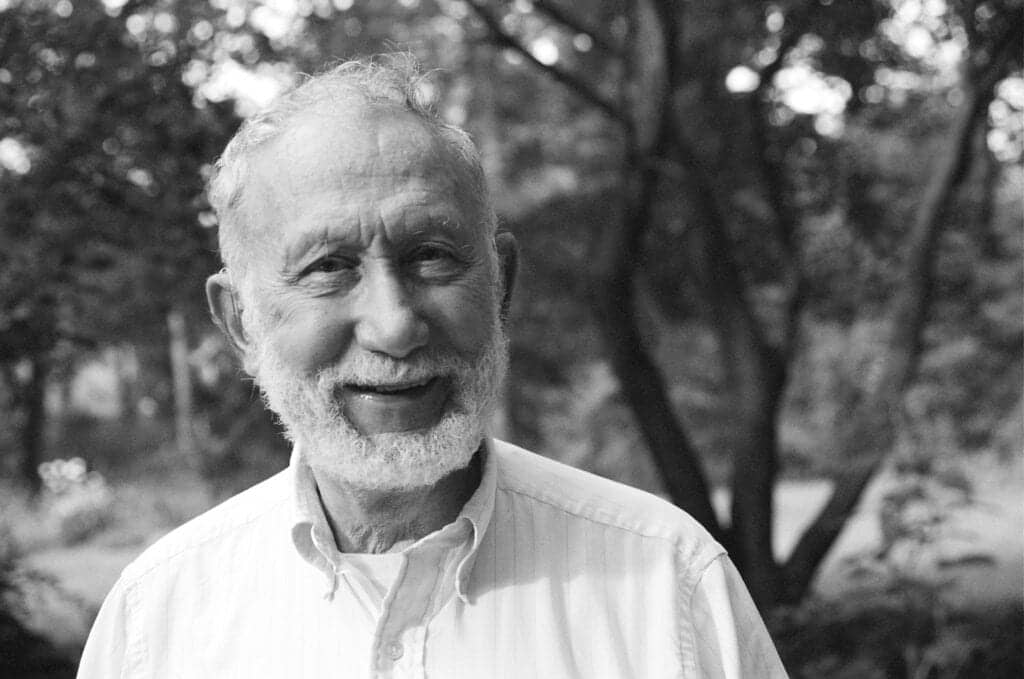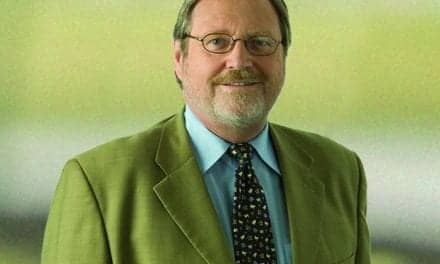Mark Ross, PhD, a pioneering audiologist and advocate of client-centered aural rehabilitation—who literally coined the word “communication access”—died at his home on April 21 in Santa Barbara, Calif, at age 94 after residing in Storrs, Conn, for many years. Dr Ross was professor emeritus at the University of Connecticut (UConn), as well as being associated with the Willie Ross School for the Deaf in Massachusetts and the New York League for the Hard of Hearing.
Partly due to his service in the US Air Force during World War II and the Korean War, Ross became a user of the 1950s body-worn monopack vacuum-tube hearing aids and a participant in the 2-month aural rehabilitation program for military service members who had lost their hearing in that era. He wrote in the September 2001 Hearing Review: “After I was given an audiometric test [in 1952], which clearly revealed the presence of a hearing loss, I was transferred to Walter Reed Hospital to be enrolled as an involuntary participant in their AR program—but not before the examining otolaryngologist told me that I had a ‘progressive hearing loss’ and that I would soon be going ‘deaf’! It was only many years later that I realized that the doctor’s definition of ‘deaf’ and mine were quite different. Without hearing aids, I would indeed be ‘deaf,’ but certainly not with them… After the AR program, I spent 3 more years in the Air Force, spending much of that time in North Africa where, I believe, I may have been the only person wearing hearing aids—if not on the entire continent, then at least in the immediate region. There’s another, very important lesson, here for the present day: Because I accepted the fact that I had to wear hearing aids, and accepted myself on this basis, I truly believe that their presence was completely irrelevant as far as my work and social activities were concerned. I didn’t make a big deal about the fact that I wore a hearing aid and, consequently, neither did anyone else. If somebody asked about it, I simply said it was a device that helped me hear like eyeglasses help someone see. I cannot think of a time when this explanation did not suffice.”
Following his military service, Ross was one of several influential audiologists who studied under Robert West (a founding father of speech language pathology) at Brooklyn College including Maurice Miller, Frederick Martin, John Duffy, Ernest Zelnick, and many more. He then attended Stanford University where he met Helen Rubin, a young girl from Brooklyn studying speech therapy. He received his PhD in Audiology in 1962 and married Helen the same year. They were married nearly 58 years, until she passed away last November.
Dr Ross made many contributions to audiology, including pioneering research on the management of hearing loss for children and adults, which also influenced scores of students, clinicians, and people with hearing loss. An exceptional writer, he frequently published articles and book chapters, including regular contributions to The Hearing Review, Hearing Loss, and professional journals. He served as a vice president of the Association for Self Help of Hard of Hearing People (SHHH, later renamed Hearing Loss Association of America or HLAA) and received that organization’s Lifetime Achievement Award in 2008, as well as the 2001 AAA Career Award in Hearing, among many professional honors.
Dr Ross’s work and perspectives led to new ways of thinking about aural rehabilitation and the treatment of hearing loss. “When I was working in Halifax as a pediatric audiologist in the 1970s and trying to figure out how to fit a tsunami of rubella babies with hearing aids, I purchased the first textbook that was entirely devoted to hearing aids,” wrote Richard Seewald, PhD, for the Canadian Audiologist. “Within this textbook I found a chapter by Mark Ross in which he described his unique theoretical approach to the pediatric fitting problem. This chapter was the only publication on this topic that was available at that time. Thus, with this chapter published in 1975, Mark provided our field with a significant ‘first’ that lives on to this day. As the story goes, my subsequent studies and collaboration with this ideal ‘professional father’ would lead to the eventual development of what we now know to be the DSL Method for pediatric hearing aid fitting.”
At age 80, Dr Ross elected to receive a cochlear implant. Those who knew, worked with, and/or were mentored by Dr Ross will remember him for his worldly intelligence, kindness, generosity, and great sense of humor. He once wrote that the worst thing about having a profound hearing loss is “you don’t hear so good.” A terrific video interview of Ross by UConn’s Kathy Cienkowski can be viewed on the UConn website.
Dr Ross’s obituary in the Hartford Courant can be found here, and you can also learn more about Dr Ross’s career and read a Q&A article featuring him at The Canadian Audiologist website.
HR thanks Marshall Chasin and our friends at the Canadian Audiologist for help with this tribute.





